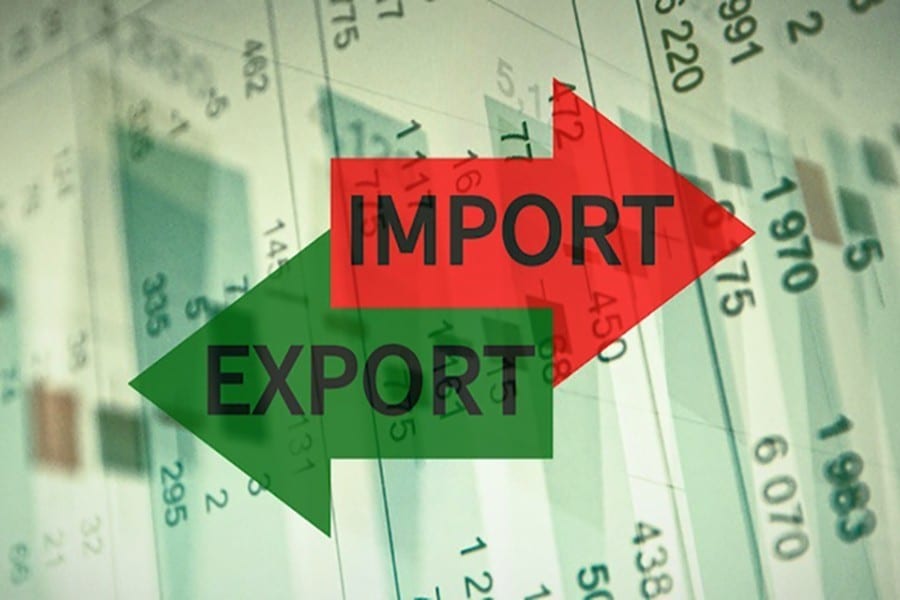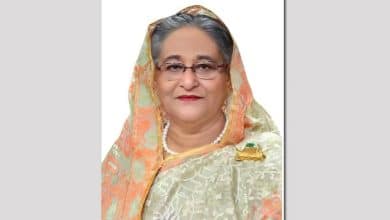Bangladesh logs record $18.70 billion BOP deficit in FY22

The fiscal year 2021-22 ended with a record USD $18.70 billion deficit in the Balance of Payments (BOP) due to a big jump of imports, said Bangladesh Bank (BB) updated report released on Monday.
In the previous fiscal year (2020-21), this index was only $4.57 billion deficit in the balance of payment, according to UNB.
Never before such a large deficit has been seen in any financial year. Economic researchers believe that the important indicators of the economy have deteriorated due to the jump in imports.
Ahsan H Mansur, executive director of the Policy Research Institute (PRI), economist and a researcher, believes that this shortfall has emerged as a concern in the macroeconomy.
He told UNB, “Due to the abnormal increase in imports, this huge shortfall in foreign transactions has occurred. It is true that there is a positive side to increasing imports. Investment in the country increases; creating employment. There is momentum in the economy.”
But the balance of payments deficit of about $19 billion is really a matter of concern. Due to this shortage, instability or crisis has occurred in the foreign exchange market market, Mansur said.
He said, “The higher price of all kinds of things including fuel oil, food products in the world market is a reason for the increase in import cost.”
“Despite taking various initiatives from the government and Bangladesh Bank, the cost of imports cannot be controlled. Due to this increase in expenditure, inflation is also increasing. All in all, the crisis in the economy is increasing,” Mansur added.
In this situation, Mansur suggested the government and central bank take more strict measures to reduce imports.
According to the Central Bank data, the outgoing FY 22 started with a deficit in the current account balance. In the first three months July-September, this deficit amounted to $2.31 billion. At the end of four months (July-October) it increased to $4.77 billion. In this way, the balance of payment deficit has increased every month along with the increase in import expenditure.





